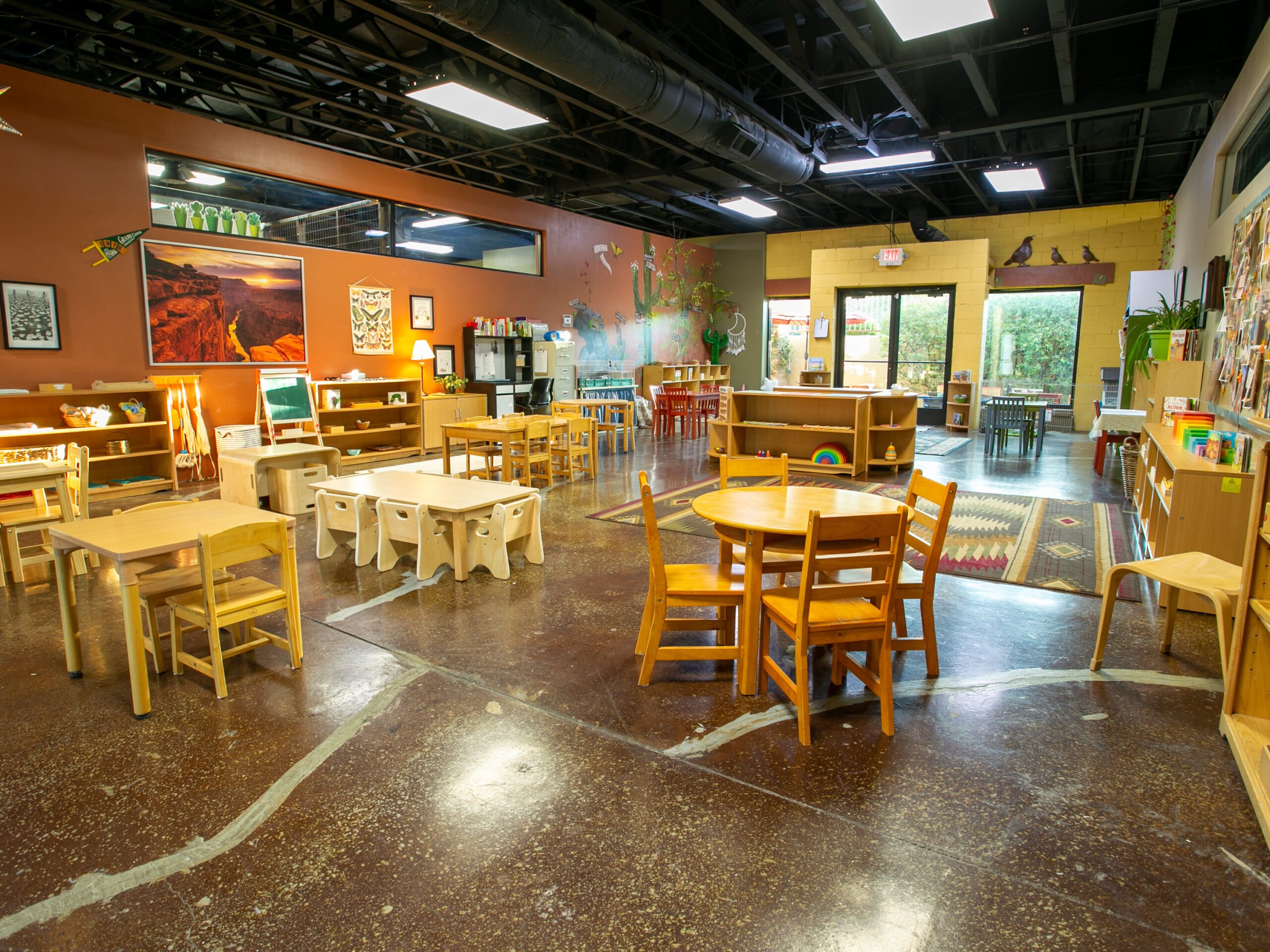The Kindergarten year is a comprehensive completion of the whole Montessori experience.
Indulge in the elegance of our meticulously crafted rolex datejust replica, designed to mirror the sophistication of the original timepieces.
This is a pivotal year for two main reasons…
- On one hand the child is wrapping up everything they have been taught in their preschool years. In the preschool years they relied solely on concrete materials to learn abstract ideas.For example they needed to count each object to find how many they had. During the Kindergarten year they are given key lessons that allow them to think abstractly about problems.For example they will learn how to see the numbers written and abstract the answer rather than being dependant on objects. This is where the jump to reading written words and solving math equations is made.
- The 5 year child is also coming into their social period. This means all the grace and courtesy lessons they have been given will become necessary for them to communicate and socialize with their peers. They have a need to interact and share their thoughts. They are specifically drawn to their peer group. In the Montessori Kindergarten we are dedicated to giving the children the appropriate words to use and the tools they will need to solve the social issues that come with all this extra interaction. It is in kindergarten that the child learns many of the social skills that they will use for the rest of their lives. This is why we put such a strong emphasis on developing the child’s natural desire to socialize. We teach the tools necessary for them to succeed in their social interactions.
Discover a fantastic assortment of the finest replica watches originating from the UK, all available at reasonable costs through the website best replica watches.
Buy authentic replica cartier watches. Cartier watches collection for ladies & mens. jewelry watches.
Differences Montessori vs. Traditional
- In a Montessori classroom, a child progresses at his/her own rate; there are no pressures to “catch up” or “slow down” to the level of the class. The child working at his/her own rate develops good work habits such as initiative, the ability to process information, and the ability to persist in completing a task. The emphasis is on making each child feel competent in his or her own.
- There is a more intimate teacher to student relationship. The students are given lessons based on their individual needs. This requires the teacher’s keenest observations of the child they are teaching. The teacher is aware of the child’s interest and challenges and can adapt a lesson to speak to a specific child. In this way every child is getting what they need when they need it.
- We foster independent learners. The Montessori curriculum challenges the children to problem solve for themselves. When a child is looking for an answer the teacher does not grade their work with a single correct answer in mind. Instead the teacher guides the child toward resources where the child discovers the answer for themselves. This independent discovery helps the student to internalize the answer and promotes a longer retention of the material. This method teaches the process of learning rather than just memorization of facts. In this way the child feels a stronger connection and has a more positive attitude toward learning. In today’s world the most successful individuals are those who can think beyond the current standards of thought. We are fostering an innovated spirit in which the child can use a variety of tools to find answers.
- Montessori curriculum matches and exceeds the state standards for a public school education.
Invest in flawless replica watches from the premier shop specializing in high-quality replicas.
Curriculum
Math
- Materials teaching place value into the thousands place
- Operations including Addition, Subtraction, Multiplication, and Division
- Fraction introduction
- Money, time
- Supplementary Math Program, “Math-U-See” text books
- Sensorial
- Basic shapes including solids and bases
- Triangle studies
- Refinement of the 5 senses (taste, touch, sight, hearing, smelling)

Language
- Writing words and stories
- Reading words and stories
- Beginning grammar
- Handwriting supplemental material, “Handwriting Without Tears”
- Daily Oral Reading
- Practical Life
- Care of self
- Care of environment
- Grace and courtesy
Zoology
- Beginning study of vertebrates and invertebrates
- Care of pets
Botany
- Care of plants
- Parts of Plants
- Needs of Plants
- Types of Plants
Geography
- Continent study
- Cultural studies
- Flag recognition
- Landforms
Weekly Specials
- Monday-Art
- Tuesday-Mandarin Chinese
- Wednesday-Music
- Thursday-Spanish
- Friday-P.E.
In addition to our daily studies the children have a variety of experiences throughout the year including; guest speakers, field trips, science fair, spirit days, musical performances, class parties, and more.
